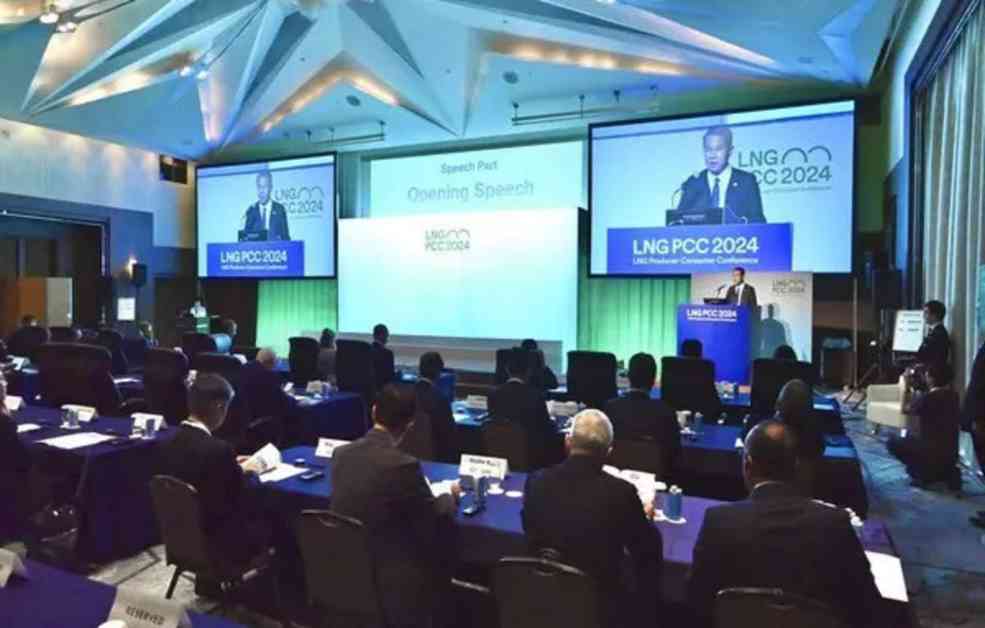The LNG Producer-Consumer Conference 2024, held in Hiroshima, Japan, aimed to create a plan to reduce carbon emissions in the liquefied natural gas (LNG) value chain. The event, organised by Japan’s Ministry of Economy, Trade and Industry, the International Energy Agency, and the International Group of Liquefied Natural Gas Importers (GIIGNL), focused on the dialogue between LNG producers and consumers to achieve net-zero carbon emissions.
Participants at the conference highlighted the need to enhance gas security, decarbonise the LNG value chain, and explore financing options. A key takeaway from the discussions was the projected increase in LNG demand, especially in Asia, by 2030. This demonstrates the growing significance of LNG in the global energy landscape for the upcoming years.
Moreover, Japan and the European Commission agreed to collaborate with other LNG-importing countries to reduce methane emissions. This partnership signifies a commitment to environmental sustainability and reducing the environmental impact of LNG production and consumption.
The conference provided a platform for industry professionals to come together and exchange insights and strategies to address the challenges of decarbonising the LNG value chain. By fostering collaboration between key stakeholders, such as producers, consumers, and policymakers, the conference aimed to drive progress towards a more sustainable and environmentally-friendly LNG industry.
As the demand for LNG continues to rise, especially in fast-growing markets like Asia, it becomes imperative to address the environmental impact of LNG production and consumption. Initiatives like the LNG Producer-Consumer Conference play a crucial role in shaping the future of the LNG industry and ensuring that it aligns with global efforts to combat climate change.
By bringing together experts and decision-makers from across the LNG value chain, the conference facilitated meaningful discussions on key topics such as methane emissions reduction, financing mechanisms, and the overall decarbonisation of the LNG sector. This collaborative approach is essential in driving innovation and transformative change within the industry.
Overall, the LNG Producer-Consumer Conference 2024 served as a platform for industry stakeholders to strategize, collaborate, and commit to sustainable practices that will shape the future of the LNG industry. The outcomes of the conference are expected to have a positive impact on the global energy transition and contribute to achieving net-zero carbon emissions in the LNG value chain.
